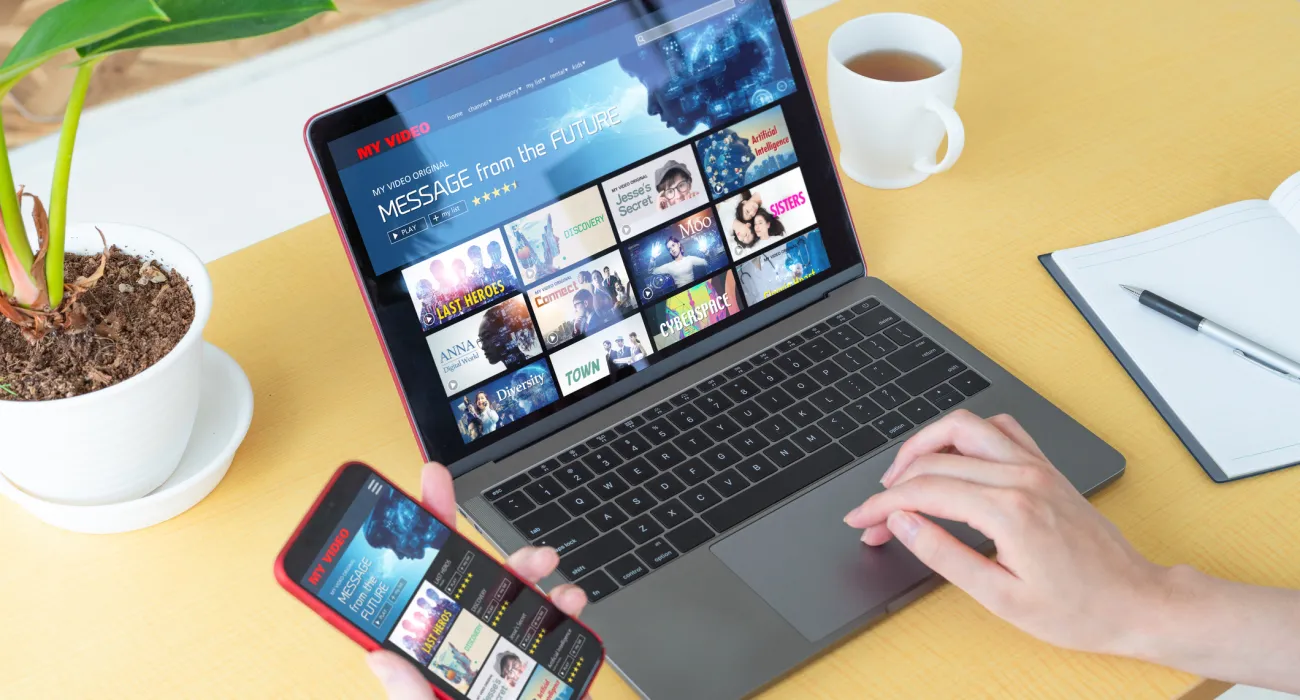Three years ago, I gleefully marched into the local cable provider in order to return my cable box and broken remotes and declared that I beat "the man" at their own game. I simply couldn't believe that my cable bill was now costing me over $250 per month including all of those random fees, equipment rental charges for outdated gadgetry, and taxes. It wasn't that long ago that I paid $250 per month for my car payment. It felt that paying that much for cable was highway robbery.
The era of streaming services, smart TV's and YouTube TV was not
only gaining in popularity, but it was also here to stay. So, I decided to go
with Google TV, and also discovered a fast Internet service provider. My total
bill for not one but two locations was only $80 per month. At this point I
think that I'm winning. However, that euphoric feeling of victory didn't last
long. I enjoy watching the televised Boston Bruins games. Yet, Bruin's games
were not available on Google TV. My choices at the time were Fobo TV for
another $65 per month or add a cable package. You see where this is going!
Fast forward to the Covid pandemic. The streaming services quickly discovered how large the marketplace actually was. In essence, everyone was stuck at home and didn't have much else to do besides stream shows and movies. That began the era of needing a different streaming subscription service for the various shows that you wanted to watch. For example, if you love the Kardasian's then you need a HULU subscription. Do you want to watch the upcoming season five of Yellowstone? If so, you need a subscription to the Paramount Network. The list goes on and on.
The combination of corporate America and the classic sales technique of one on one knows exactly how to hook consumers. In essence, they know that if they present you with small decisions, you will consume their products without even thinking about it. These individual subscriptions may only be $10 or $15 per month; however they add up quickly. This holds especially true if you don't check your credit card statement every month.
Automobile dealerships have been privy to this sales technique since Henry Ford invented the Model T. Have you ever noticed that the car salesperson leads with the following phrase? "How much do you want your payment to be every month? (FYI, never let them know that. You'll end up overpaying for the vehicle). You want to always negotiate the price of the vehicle instead of the monthly payment.
Yet, your car and subsequent monthly payments are a big-ticket item. We, as consumers, don't tend to track smaller monthly payments nearly as close. In essence, we pay for subscriptions, also known as micro payments, without blinking an eye. Here's where the concept gets even more interesting. Let's say that you go to Starbucks every day for your coffee fix. Now, what if you had to pay for your Starbucks orders for the month all at one time? Instead of paying $8.50 per order, would you be willing to $250 per month? My guess, you will be moving to home brewed coffee. It adds up to be the same amount by the way. Most people would reconsider this indulgence just like I did with my cable bill. When you break it down, it may not make sense to spend $250/month on Starbucks.
There are a few services, like Rocket (formerly TrueBill) that do a decent job at tracking monthly subscriptions that you may not remember signing up for. However, it's not quite as simple as the application claims. For example, one click doesn't cancel a subscription, but at least you can see it whenever a payment is charged to your credit card or subtracted from your bank account. At that point, you can go directly to the cancel button in order to stop the subscription.
Another good method is to pay for your subscriptions, such as the gym, streaming services, and even online purchases, with a low limit credit card. It's a simple and easy way to keep track of your expenses and helps with fraud protection.
We're now living in the world of bundles. Many of the streaming services have partnered with cell phone carriers, Peloton, and a host of other companies. In essence, they bundle their services. You can even subscribe to bundles that include multiple streaming services. If you're not careful and don't shop around then you can end up paying just as much as the monthly cable bill.
My hope is that someday the streaming services and content providers will come up with an easier solution. Both Apple Music and Spotify require consumers to list their favorite artists. That way, both companies can make purchase suggestions based on the consumers' answers. Hopefully, the streaming services will jump on that bandwagon in the near future. I'm a bit doubtful that this will happen though.
Content is king, and contracts for things of this nature are incredibly complicated. Take the medical industry. They're responsible for something as important as our health and welfare, and yet they can't seem to get it right when it comes to standardizing something simple such as medical forms. In the meantime, my advice is to track your subscriptions, cancel the ones that you don't use, and shop around for the best deals and bundle again with your preferences.
If you would like to receive more information on making smart money moves for your future, be sure to contact us today!




